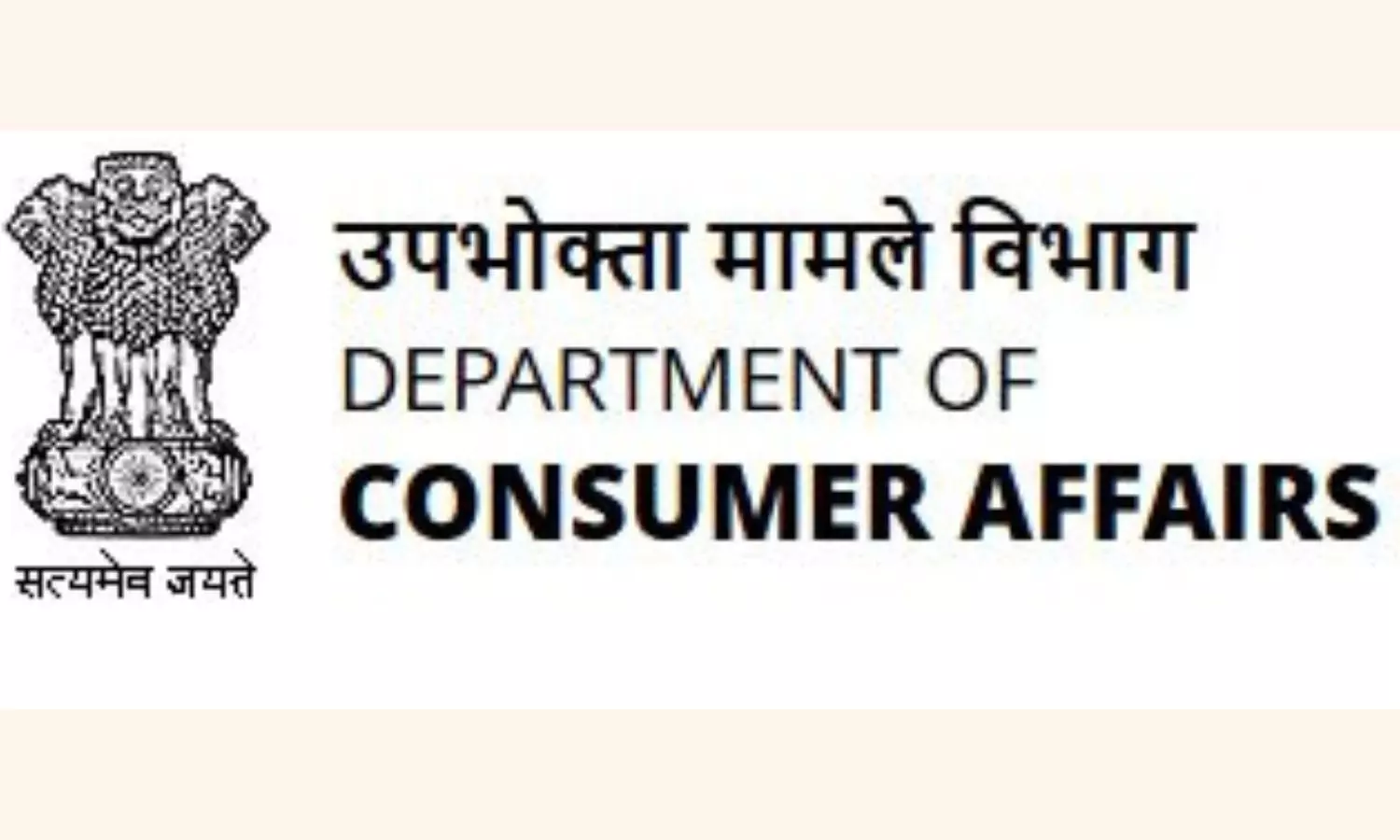Centre Notifies Draft Legal Metrology Rules to Synchronize Time across India

Hyderabad: Aiming towards ‘One Nation, One Time’ and achieving precision in Indian Standard Time (IST), the Department of Consumer Affairs has undertaken a project in association with National Physical Laboratory (NPL) and India Space Research Organisation (ISRO) to disseminate IST with millisecond to microsecond accuracy. The project aims to create technology and infrastructure to disseminate IST from five Legal Metrology laboratories across India.
This precision is vital for sectors such as navigation, telecommunications, power grid synchronization, banking, digital governance, and cutting-edge scientific research, including deep space navigation and gravitational wave detection. Despite its importance, IST is not mandatorily adopted by all Telecom Service Providers (TSPs) and Internet Service Providers (ISPs), many of whom rely on foreign time sources like GPS, according to Ministry of Consumers.
Synchronizing all networks and systems to IST is essential for national security, real-time applications and the smooth operation of critical infrastructure.
To address these challenges, a high-power inter-ministerial committee was constituted to develop a policy framework, regulation, and legislation for the adoption of IST under the Legal Metrology Act, 2009. Chaired by the Secretary (Consumer Affairs), the committee includes representatives from NPL, ISRO, IIT Kanpur, NIC, CERT-In, SEBI and key government departments like Railways, Telecom, and Financial Services, etc.
Various meetings of the committee were held for drafting the rules to mandate IST adoption, establish synchronization guidelines for networks, prepare regulatory frameworks for time-stamping and cybersecurity and monitor the progress of the IST dissemination project through advanced technologies and infrastructure.
The Draft Legal Metrology (Indian Standard Time) Rules, 2025 are published by the Legal Metrology Division, Department of Consumer Affairs as a comprehensive rule standardizing and mandating the use of Indian Standard Time (IST) across India.
The draft Legal Metrology (Indian Standard Time) Rules are published on the website of the Department for public consultation on January 15, 2025. The comments may be submitted by February 14, 2025. These landmark rules aim to standardize and mandate the use of Indian Standard Time (IST) across all sectors in India, providing a unified and precise timekeeping framework for strategic, non-strategic, industrial and societal applications.
The Legal Metrology (Indian Standard Time) Rules will provide substantial benefits to consumers by creating a comprehensive framework for precise and uniform timekeeping across the country. These rules synchronize communication networks, technological infrastructure, and public services, enabling seamless interactions and enhancing economic efficiency.
The proposed Legal Metrology (Indian Standard Time) Rules, 2024, aim to establish Indian Standard Time (IST) as the mandatory time reference across all sectors, ensuring uniformity and precision. IST, based on UTC with a +5:30-hour offset, is maintained by the CSIR-National Physical Laboratory (CSIR-NPL). These rules mandate the synchronization of legal, administrative, and commercial activities with IST, prohibiting the use of alternative time references unless explicitly permitted.
The adoption of reliable synchronization protocols such as Network Time Protocol (NTP) and Precision Time Protocol (PTP) by government offices and public institutions is required. To ensure resilience, cybersecurity measures and alternative reference mechanisms are prescribed, enhancing reliability during cyber-attacks or disruptions.
Exceptions are granted for scientific, astronomical and navigational purposes under prior government approval. Compliance will be periodically monitored through audits, with penalties imposed for violations.
The rules also prescribe the procedure for synchronization, guidelines for implementation and standards for accuracy, ensuring nationwide alignment with IST and facilitating improved governance, cybersecurity and operational efficiency.
The rules will facilitate accurate financial transactions, support emergency response coordination and ensure consistent scheduling of public transportation. Moreover, they provide legal and regulatory compliance by creating uniform time standards for documentation and record-keeping. These rules optimize industrial operations by enabling synchronized manufacturing processes, enhancing technological integration, and improving global competitiveness.
The rules will facilitate accurate record-keeping and provide a critical mechanism for synchronizing national infrastructure and communication networks. This comprehensive approach to time management enhances the government's ability to conduct efficient, accurate, and coordinated enforcement activities and administrative effectiveness. The rules will enhance precision in critical sectors like navigation, telecommunications, internet, banking, power grid synchronization, 5G technologies, artificial intelligence, and IoT.
The rules will provide reliable synchronization of digital devices, navigation systems, and public services to consumers. Rules will facilitate industries for accurate financial transactions, efficient manufacturing, and global business interactions.
By implementing these rules, the Central government is taking a decisive step toward ensuring precise and uniform timekeeping across the country, paving the way for technological advancement, economic efficiency, and strategic security.
